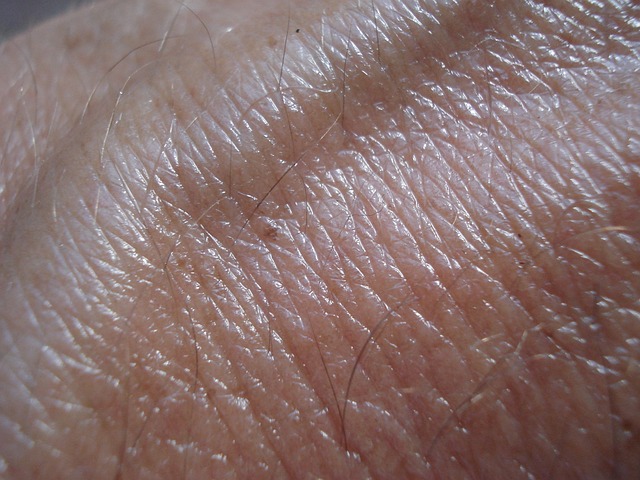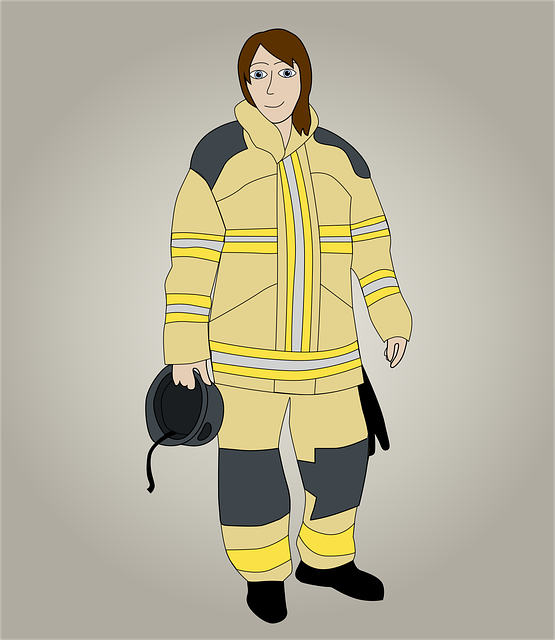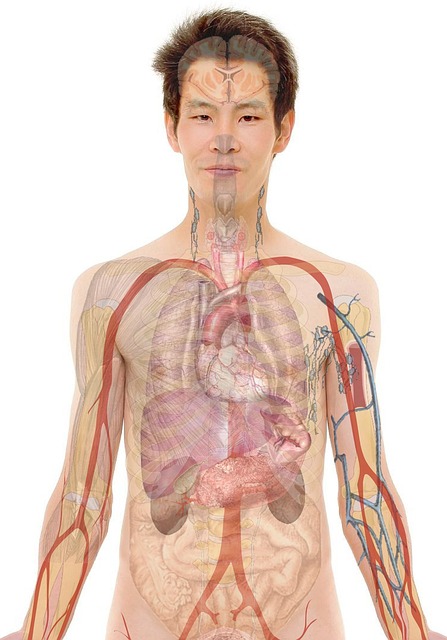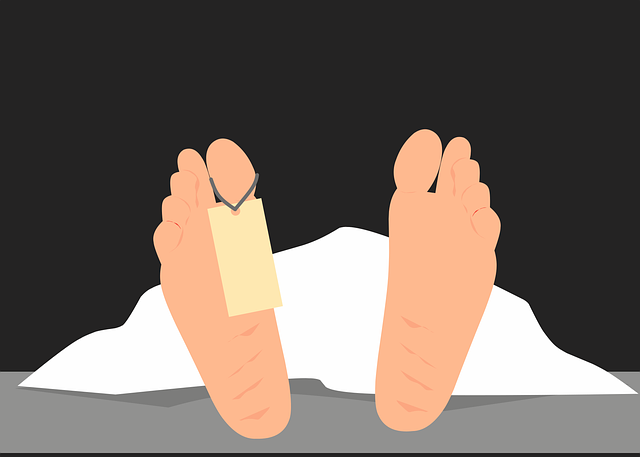Birmingham Tag Removal: Costs, Safety & Finding Experts

Skin tags, common harmless growths caused by friction, genetics, or hormones, can be removed in Birm…….
Birmingham Tag Removal: A Comprehensive Analysis
Introduction
Birmingham, a major city in England, has been at the forefront of advancements in various fields, including medical technology. One such innovation is the “Birmingham Tag Removal” (BTR) procedure, which has garnered international attention for its potential to revolutionize patient care. This article delves into the intricacies of BTR, its historical context, global impact, economic considerations, technological advancements, policy frameworks, challenges, case studies, and future prospects. By the end of this exploration, readers will have a comprehensive understanding of BTR and its significance in healthcare innovation.
Understanding Birmingham Tag Removal
Birmingham Tag Removal refers to a surgical technique developed by medical professionals in Birmingham for the non-invasive removal of foreign bodies or tags from within the human body, typically through the use of specialized imaging and minimally invasive procedures. This advancement has been pivotal in treating conditions that previously required open surgery. The core components of BTR include precise imaging, advanced instrumentation, and skilled surgical techniques. Its historical context is rooted in decades of medical research and development aimed at reducing patient suffering and recovery time.
Global Impact and Trends
The global impact of BTR is profound, as it addresses a widespread need for minimally invasive surgical procedures. Key trends shaping its trajectory include the increasing adoption of robotic-assisted surgeries, growing healthcare expenditure, and advancements in medical imaging technology. Regions with high rates of chronic conditions that require the removal of internal tags, such as certain cancers or congenital anomalies, have been particularly affected by BTR. The global demand for this procedure reflects a broader trend towards personalized medicine and patient-centered care.
Economic Considerations
From an economic standpoint, BTR has implications for market dynamics, investment patterns, and the overall efficiency of healthcare systems. The cost-effectiveness of BTR compared to traditional open surgeries is a significant factor, as it reduces hospital stays, minimizes complications, and speeds up patient recovery. Investment in BTR technology not only drives economic growth but also enhances national healthcare capabilities. Countries that have integrated BTR into their healthcare systems have reported improved patient outcomes and reduced healthcare expenditures.
Technological Advancements
Technological advancements in BTR are driven by innovations in medical imaging, robotics, and biocompatible materials. These advancements have led to more precise surgical interventions with lower risk of complications. The impact of these technologies is significant, as they enable surgeons to perform complex procedures with greater accuracy and control. Future potential includes the integration of artificial intelligence (AI) and machine learning algorithms to further enhance surgical outcomes.
Policy and Regulation
The governance of BTR is influenced by a complex array of policies, regulations, and legislative frameworks. These include medical device approvals, patient safety standards, and data protection laws. Policies that support the integration of new technologies into healthcare systems are crucial for the adoption of BTR. Regulatory bodies play a vital role in ensuring the safety and efficacy of BTR procedures. Compliance with these frameworks is essential for the continued growth and acceptance of BTR globally.
Challenges and Criticisms
BTR faces several challenges, including the high cost of technology, concerns over patient privacy, and the need for specialized training for medical professionals. Criticisms often revolve around the accessibility of BTR and the potential for over-reliance on technological solutions. To address these issues, stakeholders can focus on cost reduction strategies, advocating for better health insurance coverage, and investing in education and training programs.
Case Studies
Several case studies illustrate the successful application of BTR. One notable example is the Birmingham Centre for Advanced Robotic Surgery, which has reported significant improvements in patient recovery times and surgical precision. Another case study involves a partnership between a leading healthcare institution and a tech company to develop an AI-driven image analysis tool that complements BTR procedures. These success stories offer valuable insights into the potential of BTR when properly implemented and highlight the importance of interdisciplinary collaboration.
Future Prospects
The future outlook for BTR is promising, with potential growth areas including the development of new applications in different medical fields and the expansion of BTR to underserved regions. Emerging trends suggest a move towards more integrated healthcare systems that leverage BTR as part of a broader suite of technologies. Strategic considerations for the future include the need for ongoing research, investment in training programs, and advocacy for supportive policies and regulations.
Conclusion
This article has explored the multifaceted nature of Birmingham Tag Removal, highlighting its historical context, global impact, economic implications, technological advancements, policy governance, challenges, case studies, and future prospects. BTR stands as a testament to human innovation in healthcare, offering hope for better patient outcomes and setting a precedent for the integration of advanced medical technologies into everyday clinical practice.
FAQ Section
Q: What is Birmingham Tag Removal?
A: Birmingham Tag Removal (BTR) is a non-invasive surgical procedure developed in Birmingham, England, for the removal of foreign bodies or tags from within the human body using advanced imaging and minimally invasive techniques.
Q: How does BTR impact healthcare costs?
A: BTR can reduce healthcare costs by shortening hospital stays, minimizing complications, and speeding up patient recovery times, leading to more efficient use of healthcare resources.
Q: Are there any potential risks associated with BTR?
A: As with any medical procedure, there are potential risks associated with BTR, including complications from anesthesia, infection, or damage to surrounding tissues. However, the risks are generally lower than those of traditional open surgeries.
Q: How is BTR regulated globally?
A: BTR is subject to various regulations that ensure patient safety, comply with medical device standards, and protect patient data privacy. These regulations vary by country and are enforced by relevant health and safety authorities.
Q: Can BTR be used for all types of foreign body removal?
A: BTR is designed for a range of conditions where foreign body removal is necessary. However, its use depends on the size, location, and type of tag or foreign body, as well as the patient’s overall health condition.

Skin tags, common harmless growths caused by friction, genetics, or hormones, can be removed in Birm…….

Skin tags, caused by friction, can be removed naturally with apple cider vinegar (ACV) in Birmingham…….

Skin tags, caused by friction or irritation, can be removed in Birmingham through various non-surgic…….

Skin tags, medically known as acrochordons, are common growths influenced by genetics and hormones……..

Birmingham Tag Removal using tea tree oil involves proper preparation, dilution, and application tec…….

Skin tags, caused by aging, weight gain, etc., can be removed through various methods, including nat…….

Skin tags, common benign growths in Birmingham and elsewhere, are caused by factors like hormonal ch…….

Skin tags, or acrochordons, are soft growths commonly found on the neck, armpits, and groin caused b…….

Skin tags, harmless growths in folded areas, are popular removal targets in Birmingham due to aesthe…….

Skin tags, caused by friction or irritation, vary in size and texture. Understanding their nature an…….

In Birmingham, residents have several options for skin tag removal, including surgical excision, cry…….

Skin tags, caused by friction, hormonal changes, obesity, and skin conditions, can be managed throug…….

Skin tags, caused by friction or hormonal changes, are safely removed through natural methods like t…….

Over-the-counter (OTC) treatments, particularly those containing salicylic acid, offer a safe and ef…….

Skin tags, caused by genetics or weight gain, are common but unsightly for some. Birmingham Tag Remo…….

Skin tags, caused by friction or genetic factors, are commonly treated in Birmingham with cryotherap…….

Skin tags, caused by friction or hormonal changes, are commonly removed in Birmingham via non-surgic…….

Skin tags, common growths in friction areas, are harmless but can cause irritation if left untreated…….

Skin tags, common non-cancerous bumps, can be removed for cosmetic or comfort reasons in Birmingham…….

Cryotherapy, utilizing liquid nitrogen to freeze and eliminate skin tags, is a growing trend in Birm…….

Skin tags, common in Birmingham, are soft growths where skin rubs. DIY removal methods exist but car…….

Unwanted skin growths vary in type and cause, requiring professional assessment for effective remova…….

Skin tags, medically acrochordons, are small growths on the neck caused by friction or trauma. Birmi…….

Skin tags, common in areas like the neck and armpits, are soft growths caused by excess skin and col…….

Individuals in Birmingham looking for Birmingham Tag Removal have several options, including topical…….

Skin tags, small skin growths commonly found in specific areas, can be removed at home using over-th…….

Skin tags, common on the neck, armpits, and groin, are soft growths caused by friction or irritation…….

Skin tags, caused by genetics, hormonal changes, friction, or medical conditions, can be removed non…….

Skin tags, medically known as acrochordons, are common harmless growths caused by friction. Birmingh…….

Skin tags, harmless yet common growths, can be addressed through various methods. While natural reme…….

Skin tags, caused by genetics, obesity, hormones, and friction, can be removed in Birmingham through…….

Skin tags, caused by friction and various factors like obesity or hormonal changes, can be prevented…….

Skin tags, those small, soft appendages that can appear anywhere on the body, are a common concern f…….

Unwanted skin growths, including benign tumors and skin cancer, can cause cosmetic issues and discom…….

Skin tags, caused by friction and genetic predisposition, can be safely removed in Birmingham using…….

Birmingham Tag Removal offers safe and effective solutions for unsightly skin tags, ranging in size…….

Skin tags, caused by weakened collagen, are small growths that can be removed in Birmingham through…….

Skin tags, common growths on rubbed areas of skin, vary in size and appearance. Birmingham offers sp…….

Skin tags, harmless growths caused by collagen buildup, are common on areas where skin rubs against…….

Unwanted skin growths, including moles, warts, skin tags, and keratosis pilaris, require tailored ma…….

Skin tags on the neck, caused by genetics, hormonal changes, obesity, and friction, are common but h…….

Skin tags, caused by friction, genetics, hormones, and prolonged skin contact, are common in areas l…….

Skin tags in Birmingham can be removed using non-invasive methods like cryotherapy, surgical excisio…….

Skin tags, caused by friction, weight gain, or aging, can be addressed through various methods. Birm…….

Skin tags, common growths caused by friction or excess collagen, can be removed in Birmingham using…….

Skin tags in Birmingham can be effectively and safely removed using modern techniques like cryosurge…….

Skin tags, medically acrochordons, are common soft growths caused by friction but can be removed for…….

Skin tags, caused by friction or trauma, can be removed in Birmingham through various safe methods l…….
Skin tags, benign growths caused by friction, can be removed in Birmingham through various methods……..